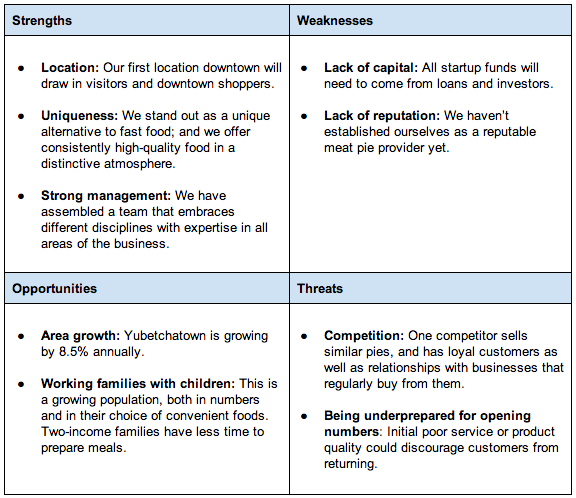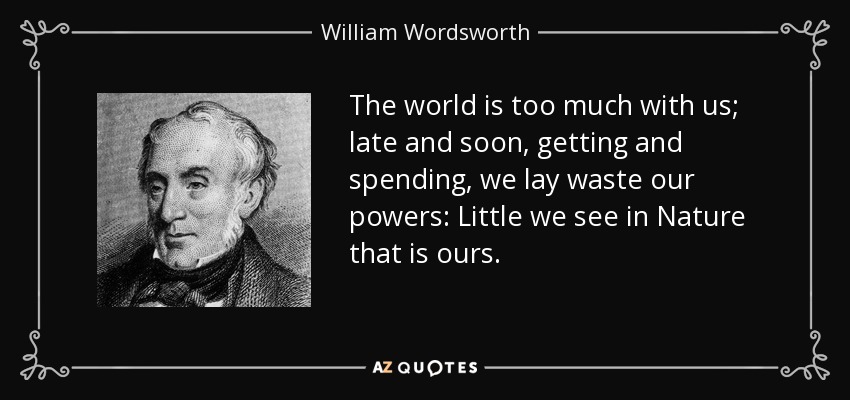
As a child grows, various skills are learned and developed, but sometimes a child needs therapy to help overcome an obstacle or to learn an age-appropriate skill. Speech therapists help children through oral motor therapy. For example, there may be a weakness in the jaw or lips, which affects their ability to articulate sounds.

As with other skills and milestones, the age at which kids learn language and start talking can vary. Knowing a bit about speech and language development can help parents figure out if there's cause for concern. A baby who doesn't respond to sound or vocalize should be checked by a doctor right away.

Browse By Age. Click on an age below for more information regarding age appropriate speech and language skills. Premium eBooks. Check out our eBooks that will give you step-by-step instructions on how to address speech and language delays.

See a list of writing milestones by age to get a better picture of how writing skills develop in children.. What to Expect at Different Ages. Remember that all kids are different. Your child might do well with one skill but still be a little behind with another.








